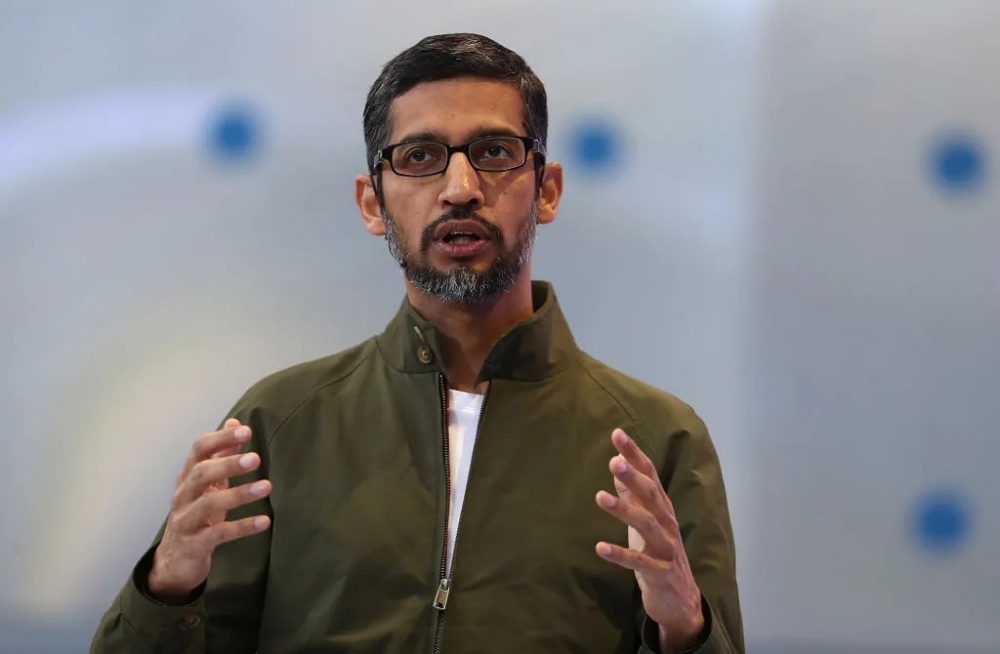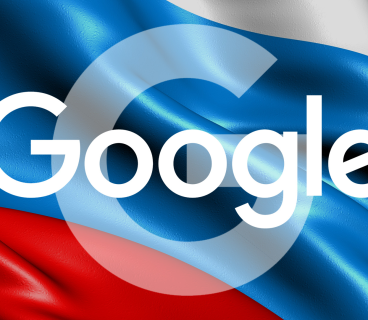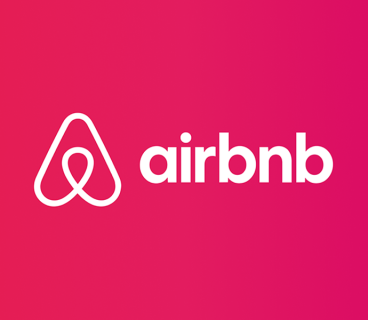Google has announced that it is expanding access to “Project Mariner,” its new AI-powered web-browsing agent, to a broader audience of users and developers. The primary function of this agent is to perform tasks on behalf of users on the internet. With this innovation, users will be able to complete everyday tasks — such as purchasing baseball game tickets or ordering groceries — without directly visiting third-party websites. Instead, the AI agent will navigate to relevant websites and carry out actions on the user’s behalf.
Originally introduced at the end of 2024, Project Mariner is considered by Google as a fundamental shift in how people interact with the internet. According to the company, users will increasingly delegate more online tasks to AI agents rather than doing them manually.
The updated version of Project Mariner now runs on cloud-based virtual machines, enabling it to perform up to 10 tasks simultaneously. In previous versions, the agent operated through the user’s browser, which prevented multitasking on the same device. This limitation has now been removed, allowing users to work on other tasks while the AI agent performs its operations in the background.
In the United States, users subscribed to Google’s newly launched “AI Ultra” plan — priced at $249.99 per month — already have access to Project Mariner. Google has also confirmed plans to expand this service to more countries in the near future. Additionally, the agent has been integrated into Gemini API and Vertex AI, enabling developers to build new applications using this AI-powered tool.
Google has also introduced two additional features: Agent Mode and AI Mode. Agent Mode combines web-browsing capabilities with research tools and other Google apps. AI Mode brings an interactive AI experience to Google Search and will initially be available in Search Labs, Google’s opt-in platform for testing experimental features.
These steps mark a significant evolution in how users engage with the web. With AI agents capable of automating processes without direct user interaction with websites, Google is accelerating the integration of AI into everyday digital experiences — simplifying user workflows and redefining the future of internet navigation.
4o







